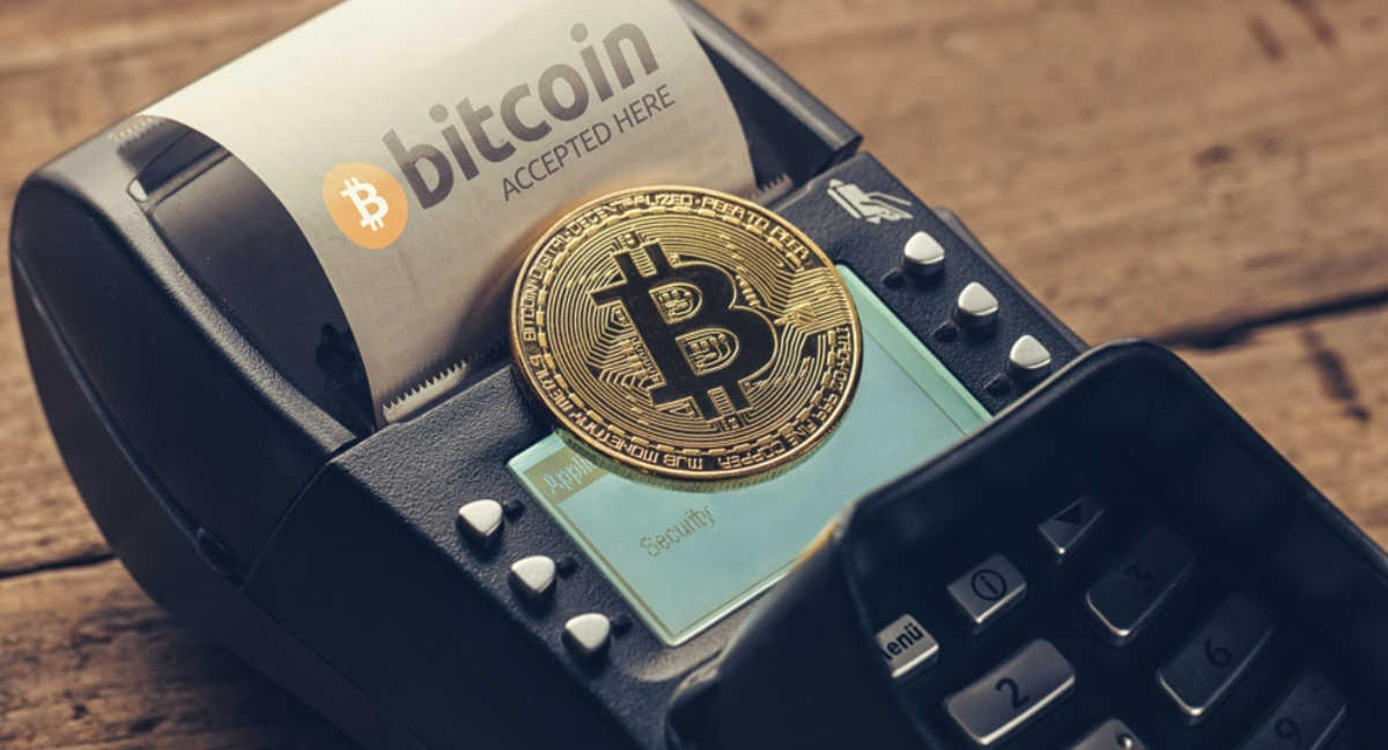News

Paying Bills with Cryptocurrency: How 10,000+ Utilities Are Going Crypto
Paying Bills with Cryptocurrency: How 10,000+ Utilities Are Going Crypto
In our recent Fact or Fiction challenge, we revealed that over 10,000 utility companies worldwide now accept Bitcoin and other cryptocurrencies for bill payments—from electricity to water bills.
This is 100% FACT.
But how does it work? Which companies are leading this shift? And why is crypto becoming a lifeline in countries with unstable currencies? Let’s dive in.
🔌 Where Can You Pay Bills with Crypto?
Major platforms enabling crypto bill payments include:
1. BitPay (Global)
- Processes crypto payments for utility providers, telecoms, and even taxes.
- Used by AT&T, the State of Ohio (for tax payments), and various U.S. energy firms.
2. PayJust (Africa & Latin America)
- Specializes in water, electricity, and mobile top-ups via crypto.
- Popular in Nigeria, South Africa, and Venezuela where local currencies are volatile.
3. Crypto Debit Cards (Crypto.com, Binance, Nexo)
- Convert crypto to fiat instantly at point-of-sale.
- Used at any utility provider that accepts Visa/Mastercard.
💡 Why Are Utilities Adopting Crypto?
1. Financial Inclusion
- Unbanked populations (1.4B adults worldwide) can pay bills via mobile crypto wallets.
Example: Kenya’s M-Pesa now integrates with Bitcoin wallets.
2. Inflation Protection
- In Argentina (120% inflation) and Nigeria (30% inflation), citizens use stablecoins (USDT, USDC)to preserve value.
- Over 35% of Argentinian crypto users pay bills with crypto to avoid peso devaluation.
3. Faster & Cheaper Than Banks
- Lightning Network transactions settle in seconds with near-zero fees.
- Cross-border payments (e.g., overseas workers paying home bills) skip 20% remittance fees.
🌍 Real-World Case Studies
1. Texas: Bitcoin for Electricity
- Mint Energy accepts Bitcoin via BitPay.
- Some solar farms pay suppliers in crypto for faster settlements.
2. Venezuela: Surviving Hyperinflation
- Petro (state crypto) was mandated for utility payments (failed, but citizens use USDT instead).
- Cryptobuyer ATMs let users convert crypto to pay water/power bills.
3. Europe: Green Energy Meets Crypto
- Eneco (Netherlands) tested Bitcoin payments for wind energy.
- SwissBorg partners with utilities to offer discounts for crypto payments.
⚠️ Challenges & Risks
1. Regulatory Uncertainty – Some governments ban crypto bill payments (e.g., Egypt, China).
2. Price Volatility – Bitcoin’s swings make fixed-amount bills tricky (solved by stablecoins).
3. Adoption Limits – Still a niche option; most utilities prefer traditional payments.
🚀 How to Pay Your Bills with Crypto
1️⃣ Find a crypto-friendly biller (BitPay’s merchant directory).
2️⃣ Use a wallet with bill pay (Exodus, Trust Wallet).
3️⃣ For volatile crypto, convert to USDT/USDC first.
4️⃣ Track for tax purposes (most count as disposals).
🔮 The Future: Crypto as Daily Currency?
- El Salvador mandates Bitcoin for all utility payments (since 2021).
- Stripe, PayPal now support crypto-to-fiat conversions for merchants.
- Smart contracts could automate bill payments (e.g., “Pay 0.001 BTC/month for WiFi”).
💬 Your Turn:
Would YOU pay bills with crypto? Why or why not?
Upvote = Yes! | Downvote = Too risky!
#CryptoAdoption #BitcoinUtility #BankTheUnbanked
Recommended to read

Sherwood Gold by Play’n Go
Sherwood is an exciting slot game developed by Play'n Go that takes players on a thrilling adventure through the legendary Sherwood Forest!
Read more
iSLOT WIN: Rob****00 Strikes it BIG with 5 Dragon Delux
With a courageous bet of $2.5, player was about to experience an unimaginable winning streak. ✨
Read more
Rempe and Deslauriers Exchange Powerful Punches, Sparking A ContenderFor The 'Fight of the Year.'
Flyers' Nicolas Deslauriers engages in a fiery showdown with Rangers' Matt Rempe, reflecting the evolving dynamics of his season, marked by lineup unc...
Read more
Get K8 Airdrop update!
Join our subscribers list to get latest news and updates about our promos delivered directly to your inbox.
